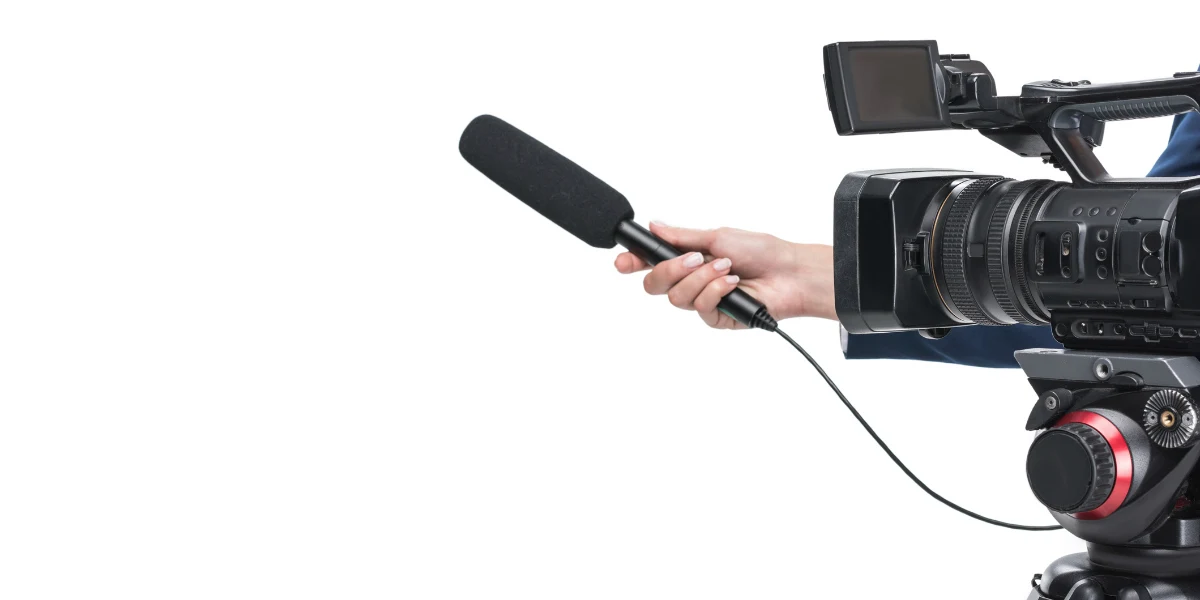Faces of Elsevier - Lisa Koeman, User Experience Researcher
30 March 2021 | 4 min read
By Lisa Koeman

"The perseverance people show, often fuelled by their desire to contribute to science, is always inspiring."
© istockphoto.com/LightFieldStudios
What was your background before becoming a User Experience Researcher? I worked in a similar role in the UK government for the last few years, doing research to help ensure government services on GOV.UK meet the needs of the people living in the United Kingdom. The aim of the roles is largely the same: making sure people can get done what they need to get done. Prior to that I completed a PhD in Human-Computer Interaction at University College London, which is where my fascination for the world of research and academia comes from.
Tell us a little about what your role entails. My responsibility is helping people within Elsevier understand what authors need. I work on different projects where I decide what type of research we should do to get that understanding. For example, currently I'm doing research to help teams answer questions like "how do authors decide in which journal to publish their work?" and "how can we support authors whose work has not been accepted their journal of choice?". Those questions aren't new but they continue to be important, so we're combining analytics data, previous research, and I'm interviewing authors across the world to dive into specific topics we want to learn more about.
How would you describe a typical working day? Days are varied, but they revolve around prioritising, planning, doing, and analysing research, followed by making sure everything we've learn is conveyed to the right people. Most of the work is very collaborative, working with people in several countries. There's room for creativity in both the research and the communicating of the findings, so I like to experiment with different approaches.
How do you measure success in your work? Leaving official metrics aside, for me success means that Elsevier make decisions informed by insights from research. The more research can impact the plans for current and future products and services, the better.
Do you have any particular advice for new authors? I regularly speak to people who are in the early stages of their careers, and a key theme in those conversations is often the support they seek and receive from more senior researchers. Experienced authors have developed the skill of judging their work in relation to the wider research domain; their guidance can help with the things like figuring out how you position your contribution as well as the more difficult aspects of getting published - such as reviews and rejections.
What is the most rewarding aspect of your work for you and what do you find difficult about the role? Spending time with authors and learning more about their works is very rewarding, with the added benefit that I get to learn about research areas I may have never been exposed to otherwise. I care about making sure that what they've said to us is heard and that insights from such research can result in action.
Name one item/tool/resource that you cannot do without in your job. Given that authors are based all over the world, I'm not sure what I would do without videoconferencing tools. The ability to do interviews with people across continents over the course of one day is still impressive.
How do you see your role changing (if at all) over the next few years? I expect the role of User Experience Research to grow as the emphasis of academic publishing shifts more and more to open science. I expect that shift to raise plenty of new questions.
What would you be doing now if you were not working in publishing? As a kid I wanted to become an inventor, and I still hugely enjoy making things. I'd combine my current work of understanding people's problems and needs with an element of building things.
What is the most interesting/amusing/inspirational thing you’ve worked on as a User Experience Researcher There are many authors who face great obstacles when it comes to doing and publishing their work, whether that is because of the topic or the funding or something else. The perseverance people show, often fuelled by their desire to contribute to science, is always inspiring.
Contributor

LK